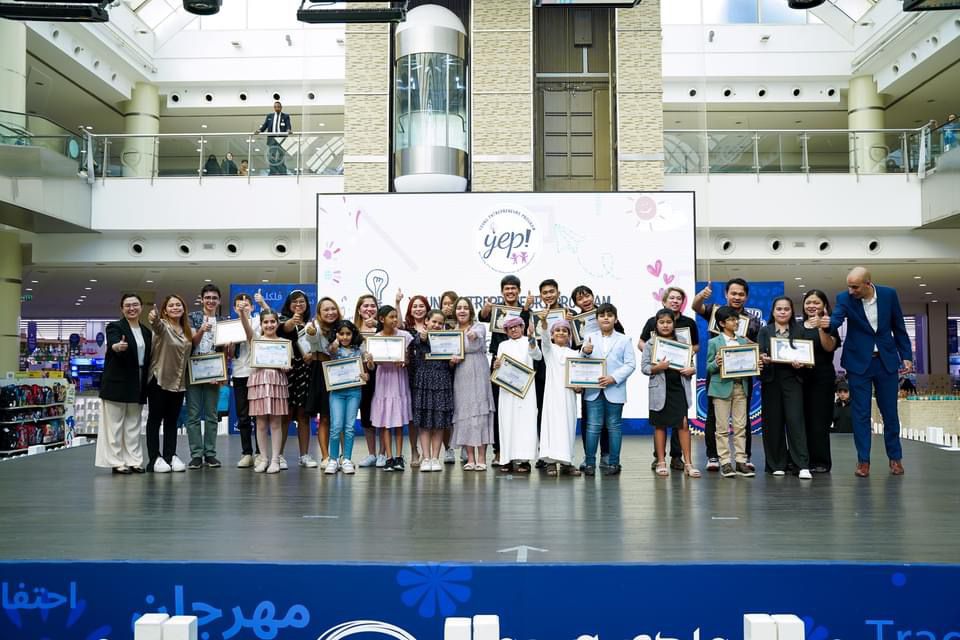Ramadan Highlights

Ramadan is the ninth month of the Islamic calendar, and it is the most sacred month for Muslims all around the world. It is a time for spiritual reflection, self-discipline, and increased devotion to God. Muslims fast from dawn until sunset during this month and engage in additional prayers, recitation of the Quran, and acts of charity.
The start of Ramadan is determined by the sighting of the new moon, and it can vary by a day or two depending on the geographical location. The fast begins with the pre-dawn meal, known as Suhoor, and ends with the breaking of the fast at sunset, called Iftar. It is a time when families and communities come together to break the fast and share meals.
Fasting during Ramadan is one of the Five Pillars of Islam, and it is mandatory for all adult Muslims who are physically able to fast. The fast is observed as a form of worship and a means of spiritual purification. It is believed that by abstaining from food and drink, Muslims can attain a deeper sense of empathy for those who are less fortunate and develop a greater appreciation for the blessings of life.
Ramadan is also a time for increased acts of charity and good deeds. Muslims are encouraged to give to the poor, feed the hungry, and engage in acts of kindness and compassion. It is a time to strengthen one’s relationship with God and to develop a sense of social responsibility.
The end of Ramadan is marked by the festival of Eid al-Fitr, which is a time of celebration and thanksgiving. Muslims gather together to pray, exchange gifts, and share meals with family and friends. It is a time to reflect on the lessons learned during Ramadan and to renew one’s commitment to the principles of Islam.
Ramadan is an important time for Muslims all over the world. It is a time for spiritual growth, self-reflection, and increased devotion to God




